Use vinegar on your berries.
We absolutely love a giant bowl of fresh picked berries: raspberries, strawberries, blackberries — the list goes on and on. However, we definitely do not like how fast these tasty fruits get to going to mold in our fridge. When you are picking out berries at the supermarket it is possible to miss some signs of mold. When you get home and go to make your fruity breakfast shakes, the sight of mold can be quite disturbing. So from now on the first thing you need to do is rinse your berries off in a mixture of vinegar and water, one part vinegar to ten parts water. This mixture will get rid of the mold and leave you with some fresh tasty, juicy fruit bowls in the future.

Vinegar
Store your produce correctly.
When you go through the produce section of a grocery store it can be hard as heck to avoid getting a ton of everything. Everyone loves having fresh produce around because the food is so flexible and you can use it for so many easy breakfast ideas and dinner ideas. However, if you do bring home a ton of different produce you must be sure to store them in separate areas — particularly produce that will be stored at room temperature. If you have potatoes and onions, for example, you will definitely want to keep them separated. If these pieces of produce share storage boxes with one another then they will end up spoiling much faster. Ideally you can have several different containers stacked up in the pantry to allow for a diverse amount of storage space.
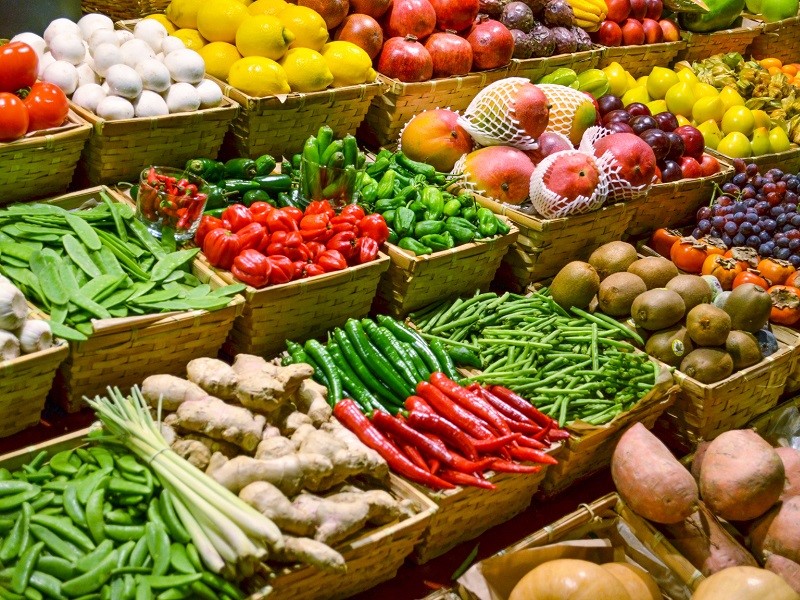
Grocery Store
Freeze your butter.
Most people don’t truly use the freezer as much as they should. The freezer in most typical homes will end up as a frozen reservoir where leftovers and pizza boxes go to die. When it comes to butter, something you will use plenty of in your kitchen, start flexing the appeal of your freezer. Refrigerated butter can last about four months in the fridge if it is unopened. You can freeze unopened sticks in the freezer, inside of a plastic bag, for up to and over a year. In order to tell if your butter is still good make sure you check for color consistency. If you see that the butter begins to lighten on the outside while the inside stays dark then you know oxygen has ruined your food. In this case you’ll want to toss it and get into the habit of using your butter quicker or freezing it first.

Butter
Save your cheese, store it correctly.
As long as you aren’t intolerant to dairy products, cheese can be one of the greatest pleasures that you are going to find in your kitchen. From soft cheeses to hard cheeses and everything in between, you’ll need to make sure you store them right in order to get the most long lasting taste and edibility out of them. Cheese itself is different than many other foods that you will be storing. You don’t want your cheese to be stored in an air tight container. You want the dairy product to be able to breathe. Ideally you should have some sort of cheese paper on hand but if you don’t you can use parchment in a snap. Don’t use tinfoil or plastic wrap as they will cause your cheese to dry out faster than you anticipate. Cheese that doesn’t get enough oxygen will end up dry, brittle, and altogether not tasty before you are ready to throw it out.

Cheeses
Use bread as a hardening preventative
.
Perhaps you’ve already heard of the ‘life hack’ when re-heating left overs: place a piece of bread in the middle of the dish to soak up excess moisture, preventing your foods from growing hard. You can also use this trick when it comes to food storage! If you want to store something like brown sugar then you should put it in an air tight plastic container and leave a couple slices of bread in there as well. The bread will soak up excess moisture which will allow the sugar itself to stay soft. Not bad right? This trick can be used in all sorts of storage applications so feel free to bust it out the next time you have to put something aside for awhile. You can also use apple slices too but bread is just more convenient and affordable.

Bread
Save your fresh herbs by freezing them.
Fresh herbs are among the most exciting taste additions to your favorite dishes. Some freshly cut parsley or basil can make a world of difference in your meal and your dinner guests will be raving all the way back to their house. The only problem? Fresh herbs go bad so fast and there aren’t very many convenient ways to save them. One option you do have is to take your fresh herbs and freeze them in olive oil. Freezing the herbs in olive oil will stop the herbs from browning and it will also delay the onset of freezer burn. This method will allow you to freeze peak herbs and have ’em on hand whenever you need them.
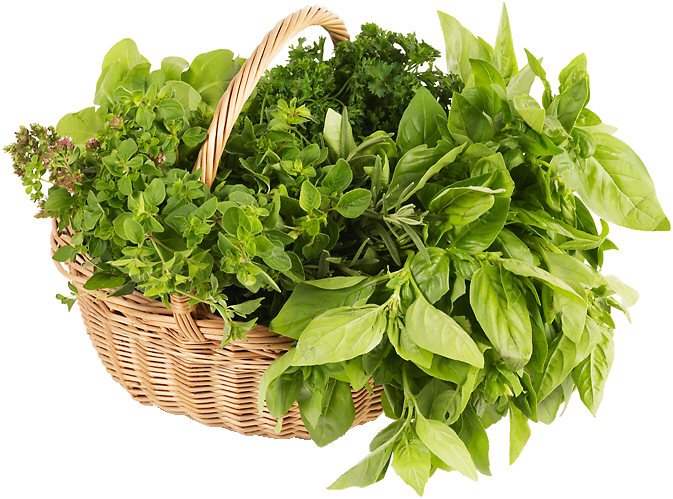
Fresh Herbs
Store your flour in the fridge.
Flour is a staple in kitchens across the world but that doesn’t mean you are burning through container after container. If you have whole wheat flour on hand and you don’t anticipate using it too much then consider keeping it in the refrigerator. The high levels of oil in the wheat germ can lead to a rancid container of flour if you let it sit in your pantry for far too long. Instead, put the flour in an airtight container and toss it in the fridge. You should be able to store the flour for up to six months. Before using the flour do a quick sniff check: good flour will be almost entirely without odor. If you get any tangy or sharp smells then go ahead and toss it. Your regular white flour can sit around for about a year in the cupboard as long as the container is air tight.
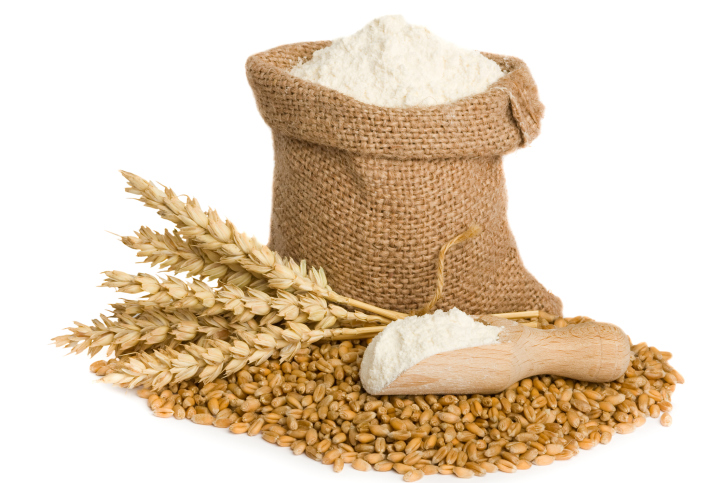
Flour
Wrap your banana stems tight.
Bananas are one of the true fruit gifts in the world. They have incredible nutritional value, are easy to eat, taste delicious, and even offer medical benefits such as settling your stomach. Unfortunately bananas go bad in the blink of an eye which means you are always going to be empty when you head to the store to get more. In order to preserve your bananas for up to four or five days longer you should consider wrapping each individual stem with a bit of plastic wrap. This is a cheap and easy method to increase the length of freshness for your delicious bananas — allowing you to buy more during every grocery run.
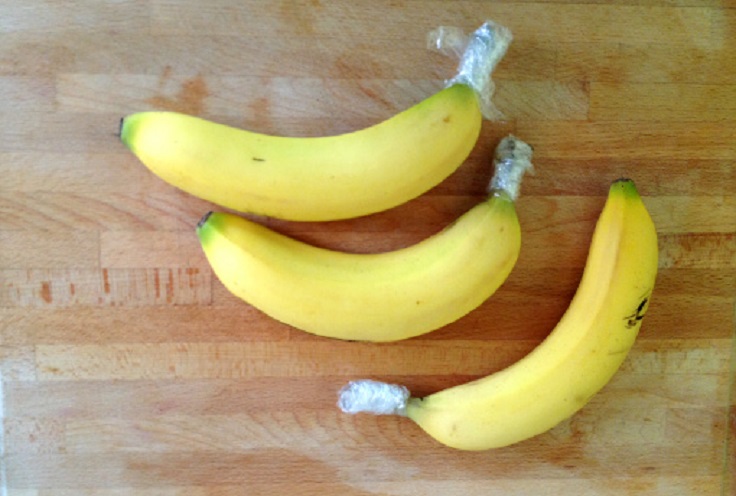
Wrap Banana
Red spices go in the fridge.
You may think that all spices are fine on the counter or in the pantry but that isn’t strictly the truth. Red spices, like cayenne and chili powder, lasts much longer if you go ahead and store it in the fridge. By storing these red spices in the fridge you will notice that they keep their sharp, bright red color for much longer. The lack of heat and light causes them to be preserved much longer, giving you a vibrant and tasty spice at a moments notice simply by reaching in the fridge.
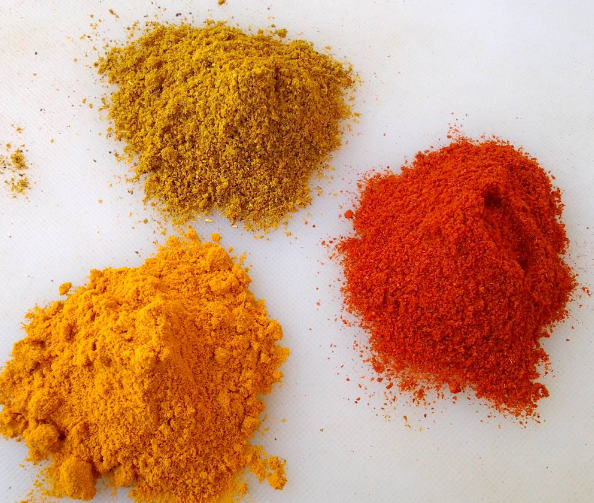
Spices
Freeze your fresh veggies.
So many storage tips are geared toward keeping otherwise fresh food in a reserved status for as long as possible. Fresh vegetables are delicious but they go bad so quick and they are really hard to finish off in a short period of time. So to keep your fresh veggies in prime condition consider chopping up your left overs, blanching them in some hot water, and then freezing them inside of freezer bags. Most veggies, as well as fruits, handle being frozen like a champ.
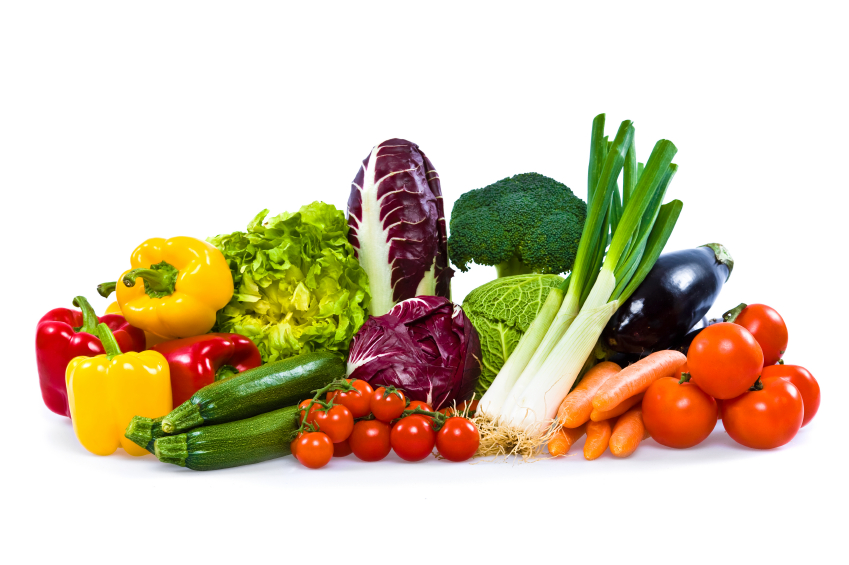
Fresh Veggies
Employ mason jars, ditch the plastic.
The number one rule to long term food storage is to understand that your material matters. Get rid of any plastic tupperware that you can part with and make the switch over to glass containers. Glass containers, like mason jars, are easier to clean, more hygienic, and actually more efficient at keeping your stored foods fresh.
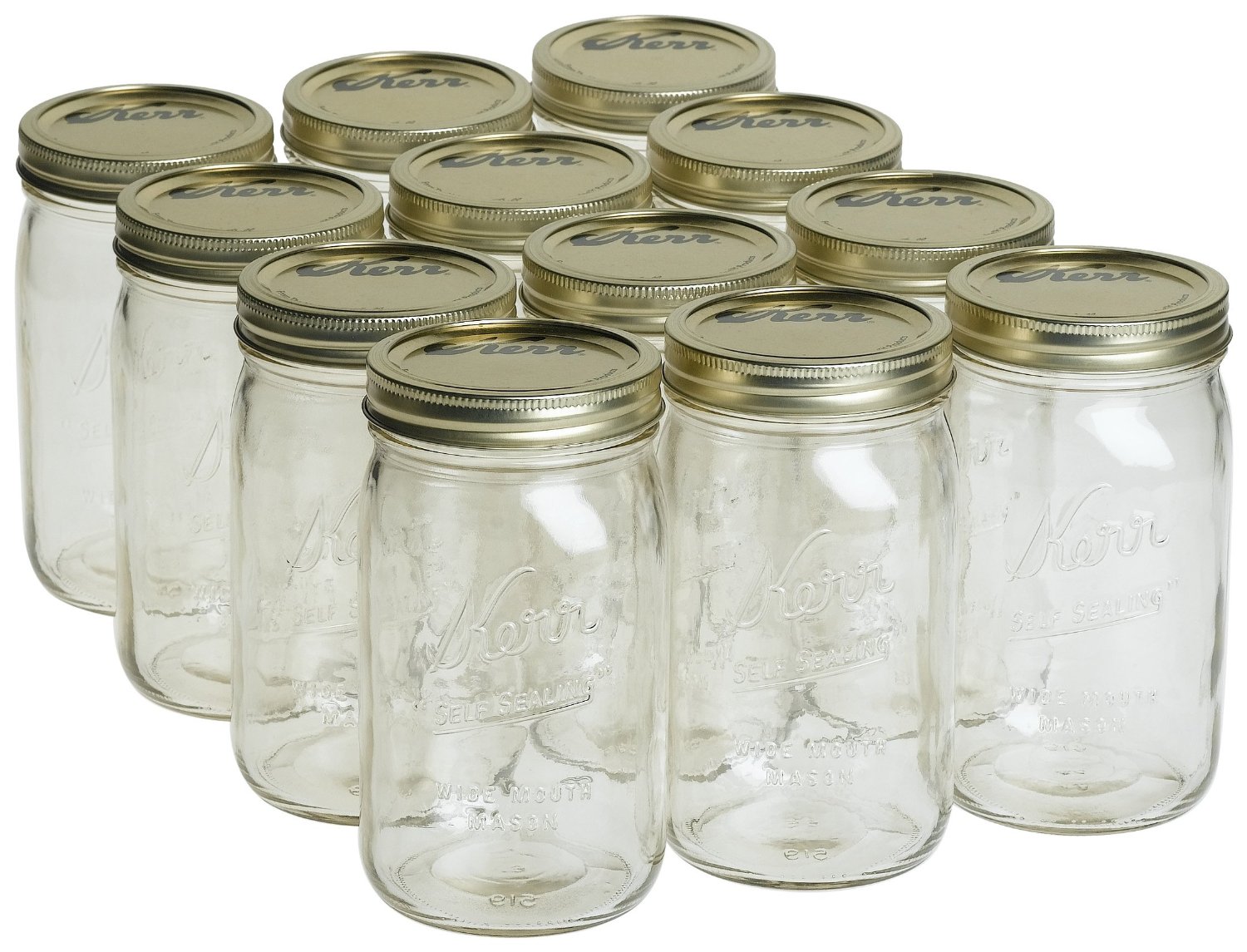
Mason Jars








